One of the most important decisions you can make in your life is your choice of career. If you are considering becoming a drug and alcohol counselor, there are a number of issues to think about before you delve into your newfound path.
- Certification
Each state has its own rules on licensure for substance abuse counselors. It is important to research the requirements in your state. What level of college education is required? Is there a special exam? How often do you need to renew your license and how difficult is it to do that?
- Education level
In order to get a license to practice, you will need to complete your state’s required college coursework. This may require earning up to a master’s degree. Seriously consider if you want to commit to that level of schooling in terms of time and finances.
Scan some college curriculums. How long would it take you to finish if you were in school full time? How about part time? How much will each class cost? Do you have the financial resources? It may be worth a call to a financial aid officer at a college to learn about options.
- Emotional commitment
Being a substance abuse counselor is an emotionally demanding job. The rewards can be worth it as you see your clients gradually learn how to live clean, full lives. However, along the way you will also see heart-breaking relapses and sometimes losing battles. You may lose some sleep at night and cry a few tears. Do you have the stamina to endure the touch times in order to relish the shining moments?
- Lifestyle commitment
Drug and alcohol counselors do not have jobs that fit neatly into an office setting. Your profession will touch every area of your life. For example, you will need to protect your social media presence to make sure nothing ends up online that could hurt your reputation in any way. Because of privacy laws, if you see a client out in public, you cannot acknowledge them unless they acknowledge you first. You may not hug a client, visit them in jail, or attend their funeral if the worst happens.
Choosing a career involving helping a troubled population change deep-seated habits and beliefs is a profound decision. Take the time to consider carefully its many facets before committing to a training program.


Recent Comments